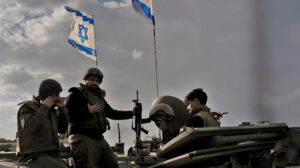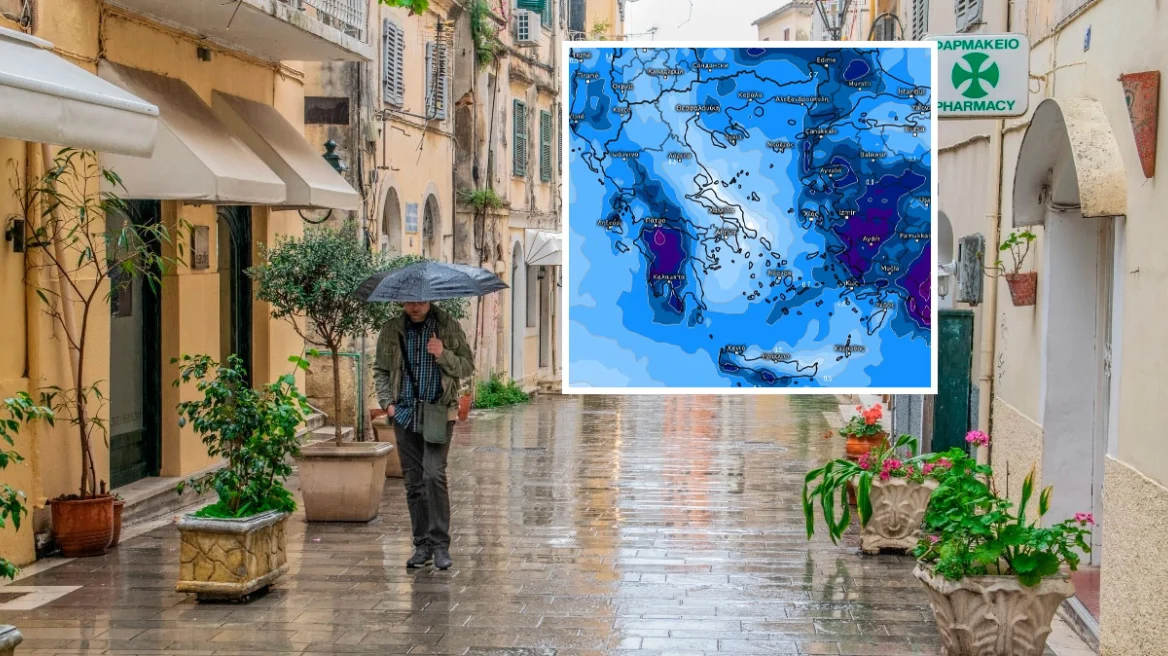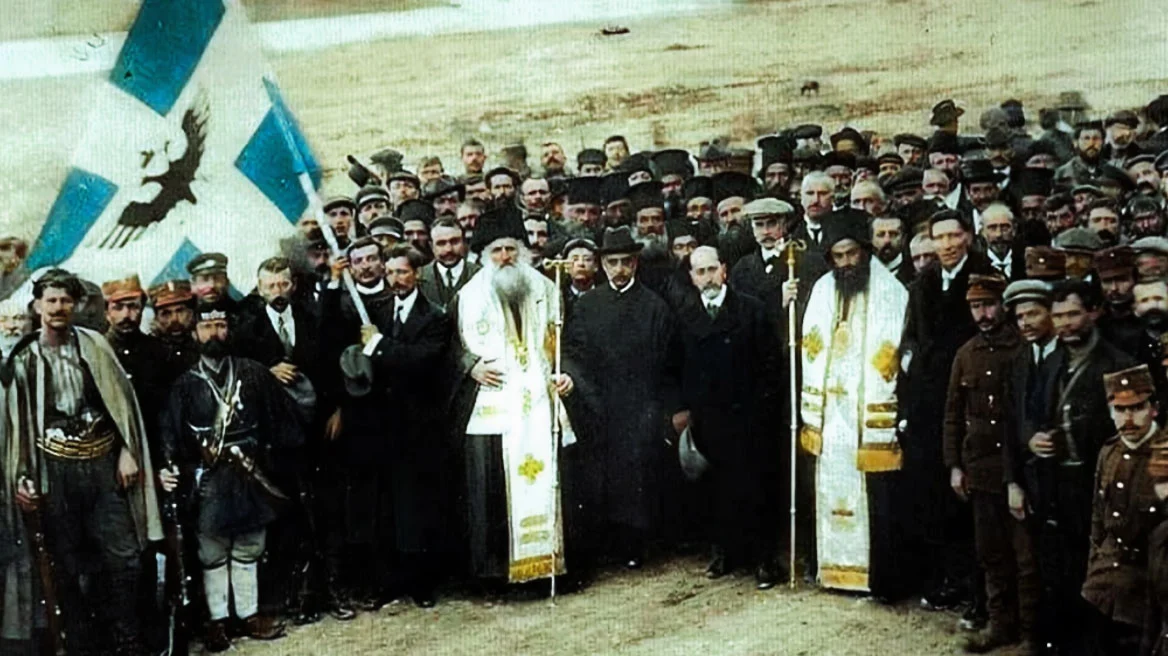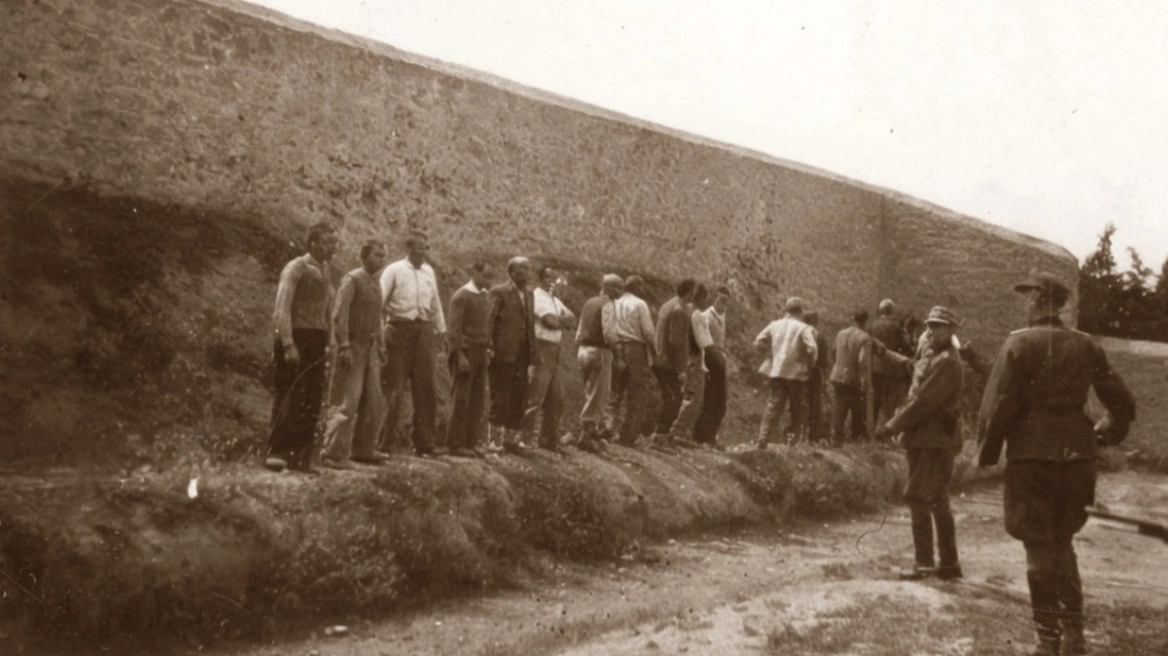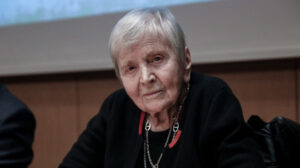Israel’s military has announced a stricter framework for media outlets interviewing soldiers who are active on the battlefield, as concerns grow about the possibility of criminal charges against reservists traveling abroad for their alleged involvement in war crimes in the Gaza Strip.
The decision was made after an Israeli reservist vacationing in Brazil was forced to leave the country in a hurry after a judge asked federal police to launch an investigation against him following accusations by a Palestinian pro-Palestinian organization that he committed war crimes in Gaza.
Under the new regulation, media interviewing military officers below the rank of colonel will not be allowed to mention their full names or show their faces. These rules already apply to pilots and members of the special forces, said Lt. Col. Nadav Sosani, a spokesman for the Israeli army.
Moreover, the soldiers would not be linked to any specific operation in which they participated on the battlefield.
“These are our new rules aimed at protecting our soldiers and ensuring that they are protected from these kinds of incidents instigated by anti-Israeli activists around the world,” Shosani added.
He added that under the rules already in place, the military should not post videos or photos from war zones on social media anyway, although he admitted that they are not always followed. Besides, there are rules and frameworks for military personnel traveling abroad, he noted.
Shosani said pro-Palestinian organizations, such as the Belgium-based Hind Rajab Foundation, which lobbied for the prosecution of the Israeli soldier in Brazil, are linking evidence from content posted by soldiers from Gaza to photos and videos of their vacations abroad.
The Israeli army spokesman noted that there have been “a handful” of cases of reservists who have traveled abroad being targeted, in addition to the incident in Brazil. In all of these cases, activist organizations have lobbied the authorities to launch an investigation.
“They didn’t open an investigation, they didn’t prosecute or anything like that,” Sosani concluded.
Ask me anything
Explore related questions
